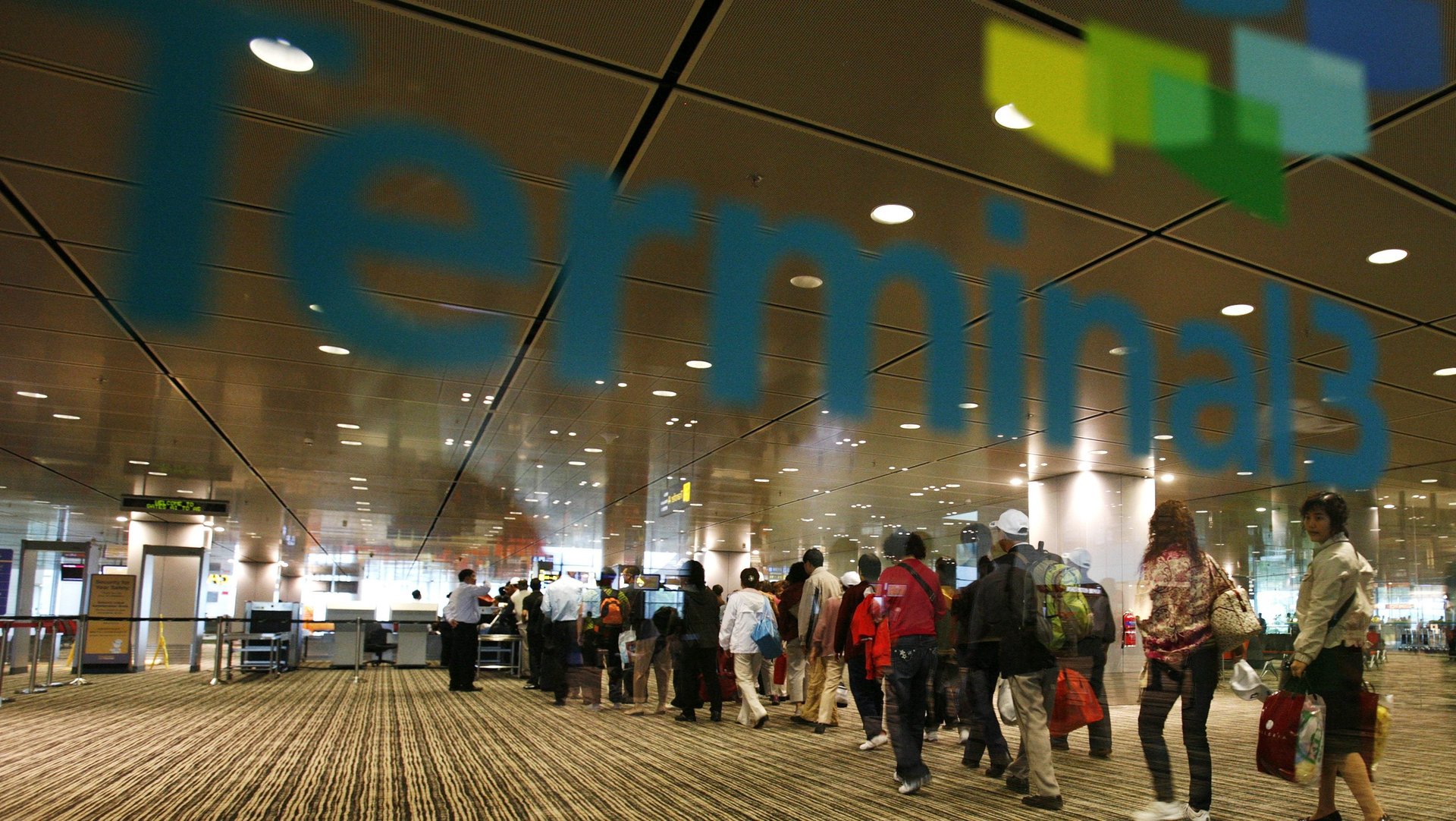All you need to know about the new restrictions on traveling to the US
Chances are, if you’re flying to the US, the whole process is about to get a little bit trickier.


Chances are, if you’re flying to the US, the whole process is about to get a little bit trickier.
Starting today (Oct. 26), a new set of security measures take effect for all US-bound commercial flights. The new set of protocols will affect around 2,000 flights a day, from more than 100 countries.
Here’s what will change:
- As a passenger, you can be interviewed at check-in or the boarding gate. The “interviews” are intended to be short and security-related, and any passenger is subject to them. Singapore Airlines already reported it would field security questions to passengers at check-in and the gate, for example.
- You might need to get to the airport earlier. Since short interviews may become the norm, Lufthansa, a German airline, recommends US-bound passengers arrive at least 90 minutes before departure.
- Your personal electronic devices might be inspected. Singapore Airlines might also start inspecting cellphones, laptops, and other devices at security. Since the end of last year, the US has already been asking visitors to voluntarily declare their social-media accounts.
- Some conveniences of travel—like self-check-in or city check-in—might be suspended. Hong Kong-based Cathay Pacific announced it has suspended all in-town check-in features for US-bound flights. A downtown check-in, usually one of the big perks of flying out of Hong Kong, allows you to check-in far in advance of your flight (24 hours before for US flights).
Such policies attempt to replace the full-on ban of laptops in cabin baggage on flights from predominately Muslim countries that the Trump administration implemented earlier this year.
The CEO of the International Air Transport Association, believes the way in which the policies were enacted was strange. “Unilateral measures announced without any prior consultation,” Alexandre de Juniac said. “That is something that is very concerning and disturbing.”
The US currently has a travel ban on some people from eight countries—North Korea, Venezuela, Chad, Libya, Syria, Yemen, Somalia, and Iran. That ban will stay in effect.